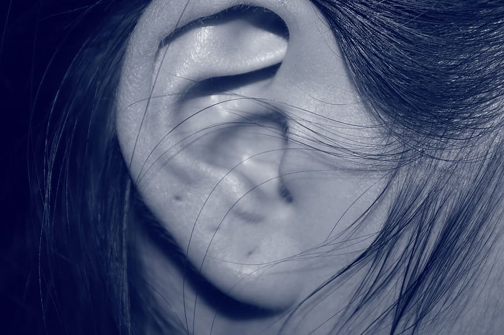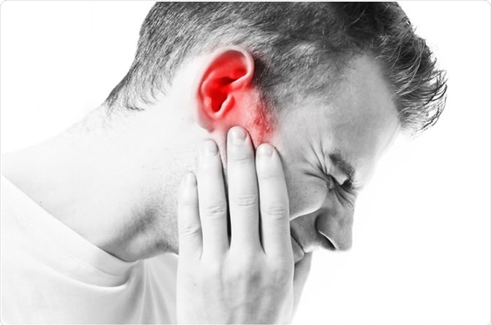What are the main pulsatile tinnitus causes? Tinnitus is a hearing condition in which the affected person hears sounds that do not exist in their surrounding environment. You may experience ringing in the ear(s) or head when you have tinnitus. However, the quality, type, frequency, and loudness of the sound vary from person to person.
For example, some people also complain about hearing clicking, buzzing, whistling, and hissing sounds. Although tinnitus is usually more noticeable in situations with low background noises, some people experience loud ringing throughout the day.
Tinnitus can also be steady or pulsating and constant or intermittent. Pulsatile tinnitus refers to tinnitus associated with a pulsating sensation in the ears.
What is Pulsatile Tinnitus
People suffering from pulsatile tinnitus hear rhythmic whooshing, throbbing, or thumping sounds in one or both ears. Although some people hear tinnitus inside their heads, others also hear distant ringing sounds. In the case of pulsating tinnitus, the pulsating sounds are usually loud and noticeable in the head.
This makes pulsatile tinnitus quite annoying and uncomfortable, affecting your quality of life. On the other hand, adults with severe pulsatile tinnitus often complain about the sounds being intense to the point that they cause pain. This condition can especially cause sleeping troubles for patients as tinnitus becomes more prominent in quiet environments. Pulsatile tinnitus also makes it difficult to focus, reducing your productivity.
Although pulsatile tinnitus usually goes away, it is a good idea to undergo a medical evaluation.
Pulsatile Tinnitus Causes
While regular tinnitus is not as serious, pulsatile tinnitus can pinpoint a health problem. Some conditions that cause pulsatile tinnitus include:
High Blood Pressure
High blood pressure conditions can both trigger and worsen your pulsatile tinnitus. It causes a change in blood flow, while other factors like stress and alcohol or caffeine consumption can make the pulsating noise more noticeable.
Irregular Blood Vessels:
Irregular blood vessels refer to damaged or bent vessels in or near the brain and ear. Blood flowing through damaged vessels can change the pressure in your ear, and hence the noise. A narrowed or kinked carotid artery or jugular vein can trigger pulsatile tinnitus.
Atherosclerosis:
Atherosclerosis is a hardening of arteries due to cholesterol and fat buildup in the blood vessels. As these substances clog your arteries, they become less flexible and more prone to the risk of atherosclerosis. Blood flows with a greater force inside hardened arteries, producing sound. This usually causes pulsatile tinnitus in both ears.
Other Conditions
Blood flow in conditions like severe anemia or an overactive thyroid gland can also cause your blood to flow more quickly and loudly. So, you might experience sounds similar to water running through hard pipes.
On the other hand, tumors and head and neck injuries can also press on your blood vessels to create noise. Sometimes, conditions like arteriovenous malformation can also trigger pulsatile tinnitus in one of your ears.
Pulsatile Tinnitus Treatment Plans
As we already mentioned earlier, pulsatile tinnitus can indicate other health conditions. So, your treatment plan will largely depend on the cause of your condition. While some only need medications, others might require a surgical repair of blood vessels.
The sound should stop after being treated for your health condition, causing pulsatile tinnitus. If you still experience tinnitus, the following treatment options should help.
- White noise: You can get a machine that creates white noise to help eliminate the ringing sounds at nighttime. Or, you can also use a smartphone application or your fan and AC.
- Wearable sound generators: Wearable sound generators look similar to hearing aids. This helps create constant background noise to make the ringing less noticeable.
- Tinnitus retraining therapy: This treatment involves using a device that plays music for tuning out the tinnitus.
Pulsatile Tinnitus Causes & Treatment: Conclusion
The Tinnitus Cognitive Center™ in New York offers the best treatment services for tinnitus. Stephen Geller Katz, LCSW-R offers excellent tinnitus retraining therapy to his patients.
Call today for an expert consultation
Tinnitus Cognitive Center ™
Stephen Geller Katz, LCSW-R
19 West 34th Street
Penthouse Floor
New York, NY 10001


